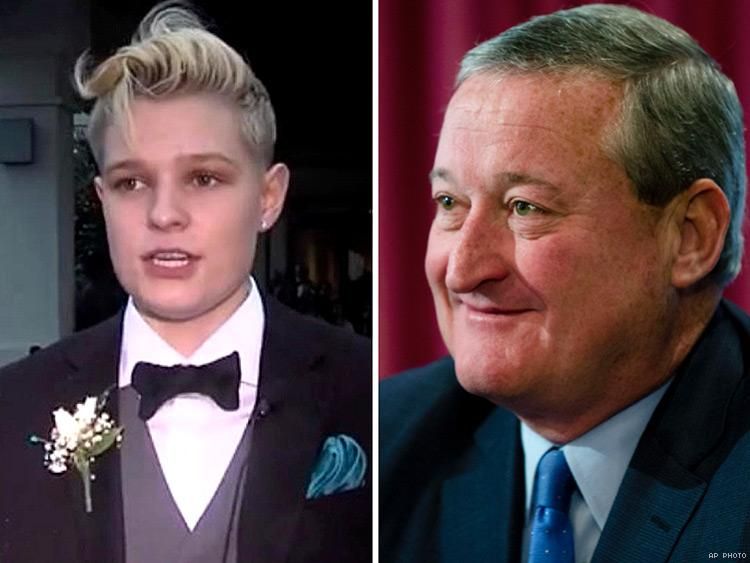HRC Alabama on the Ground as Oxford Repeals Anti-Transgender Law

Post submited by HRC Alabama Organizer Tori Wolfe-Sisson
Last week, HRC was in the room when the Oxford, Alabama, City Council voted 3-2 to repeal a discriminatory new ordinance that would have prevented transgender residents and visitors from using public restroom facilities consistent with their gender identity.
The anti-transgender law was unprecedented in its establishment of criminal penalties for violations — including a $500 fine or 6 months in jail — and raised a myriad of privacy and legal concerns regarding how the law would have been enforced.
Oxford’s ordinance enumerated criminal penalties, including the potential for jail time, for violations. It also applied to bathrooms and locker rooms citywide, including in private businesses, which went further than similar provision in North Carolina’s law, which applies to government buildings and schools. Both pieces of legislation, however, put transgender people at increased risk for violence and intimidation.
While Oxford could have faced the immense backlash North Carolina is seeing, council members did the right thing and repealed the ordinance.
A few days later, HRC joined the Oxford LGBT and allied community and organizations such as the American Civil Liberties Union of Alabama, Southern Poverty Law Center, Southerners On New Ground and the Equality Calhoun Coalition to celebrate this immense victory. Over 150 people gathered to reflect on our shared responsibilities and to prepare for the road ahead.
HRC Alabama is grateful that our transgender family and friends are safer here in Oxford and will continue to keep a watchful eye on anti-LGBT legislation throughout the state.



























































